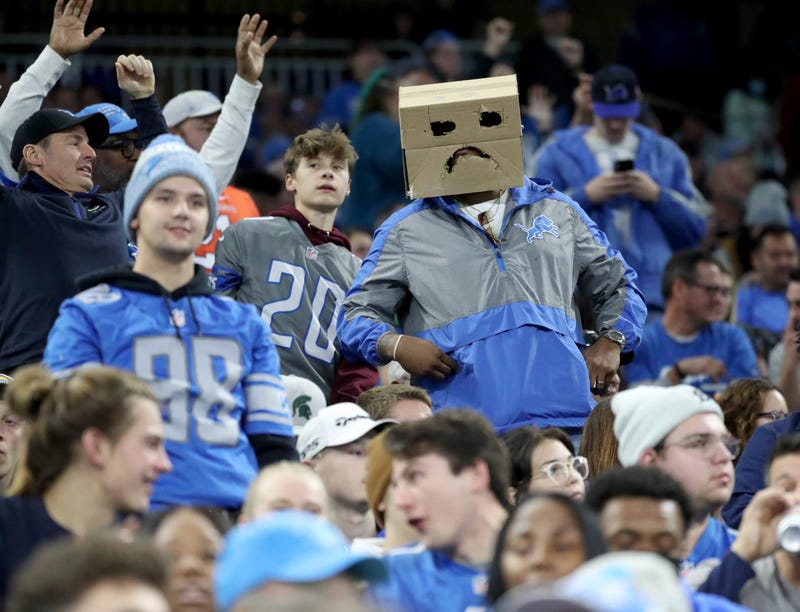
If your favorite sports teams are in Detroit, Minnesota, Chicago, Buffalo, or Cleveland, you may want to take note, as a recent report has found that watching sports may not be the best for your health.
The report comes from Harvard Health and highlights the risks that watching sports poses for some.
While it’s fun to make jokes about our more traumatized sports fan bases suffering heartbreak year in and year out, Dr. Robert H. Shmerling, the Senior Faculty Editor for Harvard Health Publishing, warns in his paper that the risks of watching live sports are real.
Live sports in person pose numerous health risks that are often not given enough attention. Whether it be heat stroke or dehydration from watching games in warm weather, or hypothermia, frostbite, or other issues stemming from cold weather games, there is always a risk.
Shmerling discussed the injuries he has seen from his time working in a walk-in clinic near Fenway Park. Among the things he encountered included the aforementioned weather-related injuries, as well as cuts from falling in stadiums and broken bones from fights, stampedes, or other dangerous activity.
Whether it be flying pucks, baseballs, bats, or golf balls, there is a risk to watching the sports we love live. But, there is also a risk when watching at home.
According to Shmerling, doctors and nurses often report a busy period in emergency rooms after major games, whether it be the Super Bowl or an NBA Championship game.
Shmerling says in his paper that once the game ends, there is often a high number of people with “chest pain, trouble breathing, or other symptoms” who show up for care. While one theory says they simply wanted to wait for the game to be over, the doctor says something else may be at play.
“Of course, there’s another possibility: the game itself — especially if a game is close and particularly exciting — might cause enough stress on the body that heart attacks, strokes, or other dangerous conditions develop,” Shmerling said.
Citing several studies in his paper, the doctor highlighted one that showed a 15% jump in hospital admissions for cardiovascular problems during and just after World Cup soccer games in 2022 and another that showed spectators of Montreal Canadiens games saw their heart rate double during games in 2017.
But the risk isn’t prominent in everyone, as the paper says that those who are older or already have cardiovascular disease are the most at risk.
“While watching sports has been linked to certain health risks, the overall risk is likely low for most people. And you can take steps to reduce this,” Shmerling wrote. “The health risks of spectatorship only rarely require giving up watching a favorite team. So, put on your team jersey, cheer your team on to victory, and stay healthy while you’re at it. Oh, and watch out for outraged fans or flying bats.”
